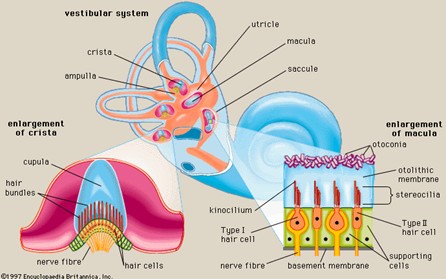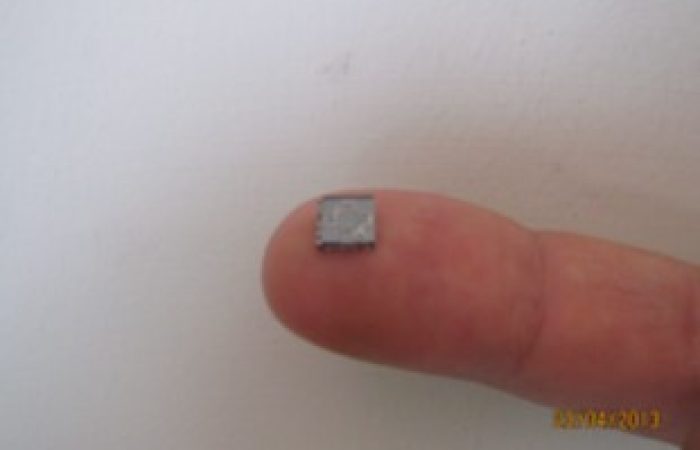The Austrian company MED-EL (Medical-Electronics), a leading manufacturer of implantable hearing devices, is providing funds to the KIOS Research Center to assist in the development of innovative inertial sensors.
The Holistic Electronics Research Lab at the KIOS Research Center is developing an innovative angular-rate sensor for an implantable prosthesis, specifically targeting the restoration of vestibular (balance) function. This technology aims to drastically reduce the required power consumption of the inertial sensors, whilst also improving reliability to reach the level required in long-term implants (tens of years). MED-EL is hoping that this technology could substantially improve a new implantable electronic product – the implantable vestibular prosthesis.
This innovative implant could help individuals with severe vestibular impairments, a disorder which is estimated to be affecting many thousands of individuals worldwide, causing unsteadiness, movement disorders, fear of falling, and blurred vision during movement.
Collaboration with MED-EL resulted from initial award-winning research undertaken by the Holistic Electronics Research Lab of the KIOS Research Center. The research was the Winner of the Advanced Category of 2008 STIMESI MEMS European-wide Design Contest. The STIMESI Stimulation Action aims to stimulate European universities and research institutes to adopt MEMS technologies in different ways.
The research team at KIOS is led by Professor Julius Georgiou of the Department of Electrical and Computer Engineering and the KIOS Research Center at the University of Cyprus.
Vestibular dysfunction is the term used to explain impaired balance caused by an impairment of the vestibular system. The vestibular system includes the parts of the inner ear and brain that process the sensory information involved with controlling balance and eye movements.
A properly functioning balance system allows humans to see clearly while moving, identify orientation with respect to gravity, determine direction and speed of movement, and make automatic postural adjustments to maintain posture and stability in various conditions and activities. With impaired balance normal activities, can be extremely fatiguing and sometimes dangerous. Symptoms that accompany the unsteadiness can include dizziness, vertigo, hearing and vision problems, and difficulty with concentration and memory.




